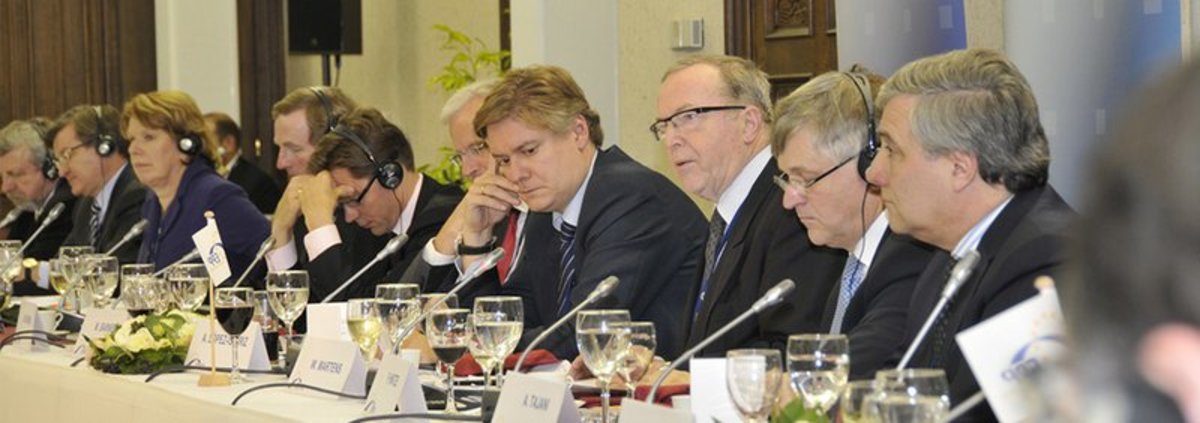
Startup Europe organized a “Blockchain and Digital Currencies Workshop” on April 27. Digital Currency Summit founder Alex Puig led the event, with the participation of Bitcoin companies and senior financial experts.
Each European Union (EU) country regards Bitcoin differently, and regulations are constantly evolving. The Startup Europe initiative seems a first step to establish EU-wide coordination of national initiatives for Bitcoin regulation and government-funded research.
Startup Europe aims to strengthen the business environment for web and ICT entrepreneurs so that their ideas and business can start and grow in the EU. Startup Europe is part of Digital Agenda for Europe (DAE), an initiative of the European Commission, and contributes to the Entrepreneurship 2020 Action Plan.
Puig opened the workshop and outlined the possibilities opened up by digital currencies based on blockchain technology, including micropayments, crowdfunding, distributed exchanges, smart property, property registry, ticketing, secure voting systems and more.
After the opening, Paolo Tasca, research economist at Deutsche Bundesbank and founder of digital finance startup ECUREX Research, presented statistics and analysis extracted from a forthcoming Digital Currencies Market Report from ECUREX. He covered Bitcoin arbitrage opportunities and wealth distribution in the emerging Bitcoin economy, and other socio-economic and monetary aspects of the cryptocurrency ecosystem.
The Workshop included talks by representatives of digital fintech firms Coinffeine, Bit2Me, Ethereum and Circle.
Tasca outlined for Bitcoin Magazine his impressions of the final roundtable led and moderated by the European Commission, with the participation of the speakers in the workshop and experts from the European Commission.
“The recurring question was not ‘whether’ but ‘how’ the blockchain technology will impact on our daily life activities,” he said. “Of course, the activities that will be firstly disrupted will be those related to the capital and banking sectors (we are already observing the first effects).”
He noted that this also will have impact on the role of financial market authorities and central banks. There are many regulatory authorities and supervisory agencies (almost 100) in Europe currently, and their positions on the matter are most of the time not well coordinated or harmonized even within the same country. Tasca emphasized that a similar mis-coordination is also happening in the United States.
He added, that Europe, however, is strategically in a better position than the United States “because we don’t have yet a capital market union, and the infrastructures (‘bridges and streets’) toward this goal need to be created from scratch: In EU we don’t have ‘legacies costs.’ This is not the case for the USA where the capital markets are more radically and deeply developed.”
Thus, the EU 2020 initiative Digital Agenda for Europe and the EU digital economy agenda, combined with the recent call for a capital market union with the aim and scope to unlock capitals around Europe, may open the doors to blockchain-based technology applications. The capital market union would give savers more investment choices and offer businesses a greater choice of funding at lower costs, among the other things.
“We expect that the EU Commission will start funding research projects specifically targeted to digital currencies and blockchain technologies as recently done by the U.K. government,” said Tasca, referring to the recent U.K. government decision to fund research in digital currencies.
Tasca’s statements reflect his personal views and do not necessarily coincide with the position of the Deutsche Bundesbank.
EPP Summit December 2010 / CC BY 2.0










